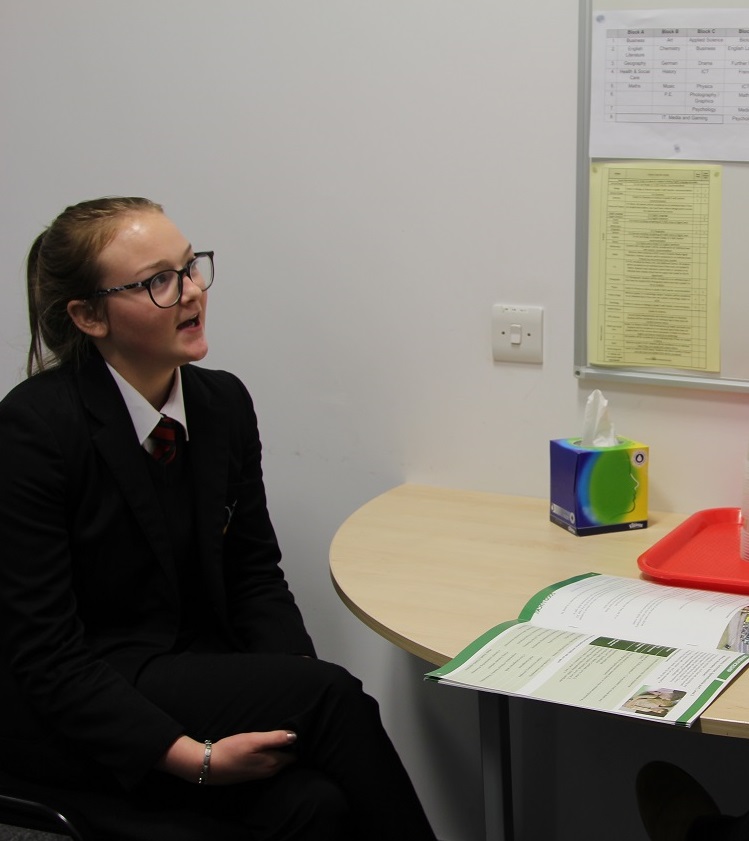Evaluating the impact of careers-related learning in North East primary schools
Matt Joyce, Regional Lead: North East Ambition at the North East LEP, has been involved in piloting a new approach to careers-related learning in primary schools for the last two years. He explains what, for him, have been the most important outcomes of the project.
We’ve just finished evaluating the two-year North East Ambition Career Benchmarks: Primary Pilot which involved 70 primary schools in our region. Schools were supported to embed careers-related learning throughout the curriculum and for children of all ages, from early years through to key stages one and two, using a framework based on the Good Career Guidance Benchmarks, which have already been proven to have positive outcomes in secondary schools and colleges.
The reason we did this is because research has shown that, by the age of four, children start to have ideas about what they might do in their futures. By five and six, children are beginning to narrow their choices based on their gender, and by ten many young people have already made career limiting decisions, which are fixed by age 14.
By giving younger children the opportunity to engage with employers and further and higher education providers, and learn about the range of opportunities open to them, we want to raise their aspirations, broaden their horizons and help them see the link between what they learn in school and the real world.
What impressed me most during the project was how readily the 70 schools embraced this new approach, with massive buy-in from Careers Leaders, senior leaders, other staff and governors. They’ve demonstrated that there’s an appetite for this to happen within primary schools and that staff can see the benefits for pupils.
This has been a hugely positive experience for all the schools involved, with large increases year-on-year for the number of the Benchmarks each school has achieved. And, for me, one really important finding that came out of the evaluation is that a school’s progress within the pilot isn’t linked to their Ofsted rating.
We also saw the careers-related learning is no longer a bolt-on activity for these schools, it’s become embedded throughout the curriculum, like a golden thread running throughout the school. So children in early years, as well as those higher up the school, are benefiting.
Now the pilot has ended we’re working with multi-academy trusts, secondary school clusters and other individual schools to scale up this work and further embed a sustainable and replicable approach to the implementation of the benchmarks.
We’ll carry on expanding this approach in the North East but it would be good to see it being adopted nationally as well. I want the North East to show that this can be done and that it’s worth doing.
We’re now opening up the programme to any primary school in the North East LEP area that wants to take part, so get in touch to find out more. It’s not about making a colossal shift in the way your school is run, it’s more subtle than that – for example, thinking about how children can see the curriculum through a careers-related lens. This can enable pupils to understand how their learning links to the real world and develop the skills required, as well as allow us to tackle important issues such as gender stereotyping.
Ultimately, this is about inspiring children and making a positive difference to their futures. It can be done, and it’s worth doing, so I hope more primary schools take this chance to work with us to adopt, implement and achieve the Good Career Guidance Primary Benchmarks.
Read the North East Ambition Career Benchmarks: Primary Pilot evaluation report. To get involved in the project, email [email protected].






